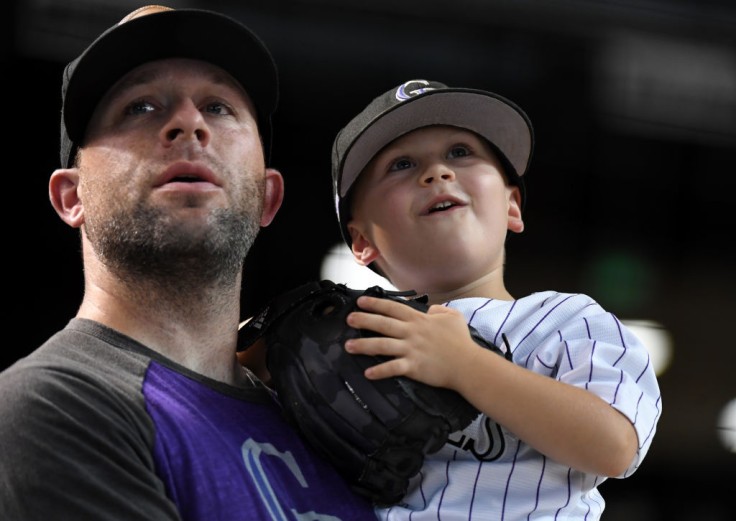
Building a relationship between parents and children takes effort and time. It takes hard work for parents to develop a strong and dynamic bond with each of their kids. Children change and grow with each new stage of development, in the process challenging parents to adapt to new circumstances and rules.
That being said, strong parent-child relationships have certain qualities that remain constant, according to the Child Development Institute. They listed five key qualities that for them are critical for the bond between parents and children to remain rock solid.
CDI said that strong parent-child relationships are built on safety, unconditional love, mutual respect, acceptance and flexibility.
Mutual respect important between parents and kids
Safety is at the core of self-regulation and bonding between parents and child. It all starts when the needs of a newborn baby are met by his parents. The young infant learns then that his or her parents are consistently there for him or her. They provide not only food and warmth but also stimulation, comfort, and love.
Through these parent-child interactions, a trust is built between the two parties that will last a lifetime. It forms the solid foundation of the parent-child relationship as well as the kid's emotional wellbeing.
When the trust is built and established, unconditional love soon follows. Kids need to know that that love from their parents will not crumble through their ups and downs, and that they will be always there to support them no matter what.
Children need to feel that their failures do not determine whether they are worthy of the love that they will receive from their parents. A mother and/or father can foster this incredible quality by being emotionally available for their kids, allowing them to learn from mistakes and trusting them to explore the world.
Most parents want their children to respect them but this feeling needs to be mutual with kids also deserving of respect from their parents. Kids need to know that their feelings, rights and opinion do matter. According to How to Adult, respect between parents and children starts with healthy communication between the two parties.
Listening to children's needs and letting them know that they are being heard is important for respect to grow. When parents set clear expectations and provide guidance and explanations when they are not met, they are reinforcing the mutual respect between them and their child.
Acceptance and flexibility must be present in a parent-child relationship
Another key quality of a strong parent-child relationship is acceptance. It is an open-ended concept that basically means parents are embracing their child's individuality. They cherish their unique qualities and also accept their flaws and limitations.
According to the Kid Counselor, there are four ways to demonstrate parental acceptance to children. Parents should respect the child's feelings and their right to express them, appreciate the child's uniqueness, recognize the child's need for independence and autonomy, and show unconditional love.
Last but not the least is flexibility. Parents must accept that their child tomorrow might be different from who he or she is today. Parenting should be dependent on what child he or she is in that moment. Parents need to be mindful that nothing in raising children is ever set in stone.